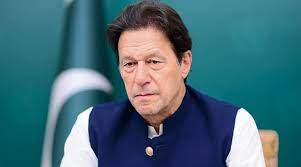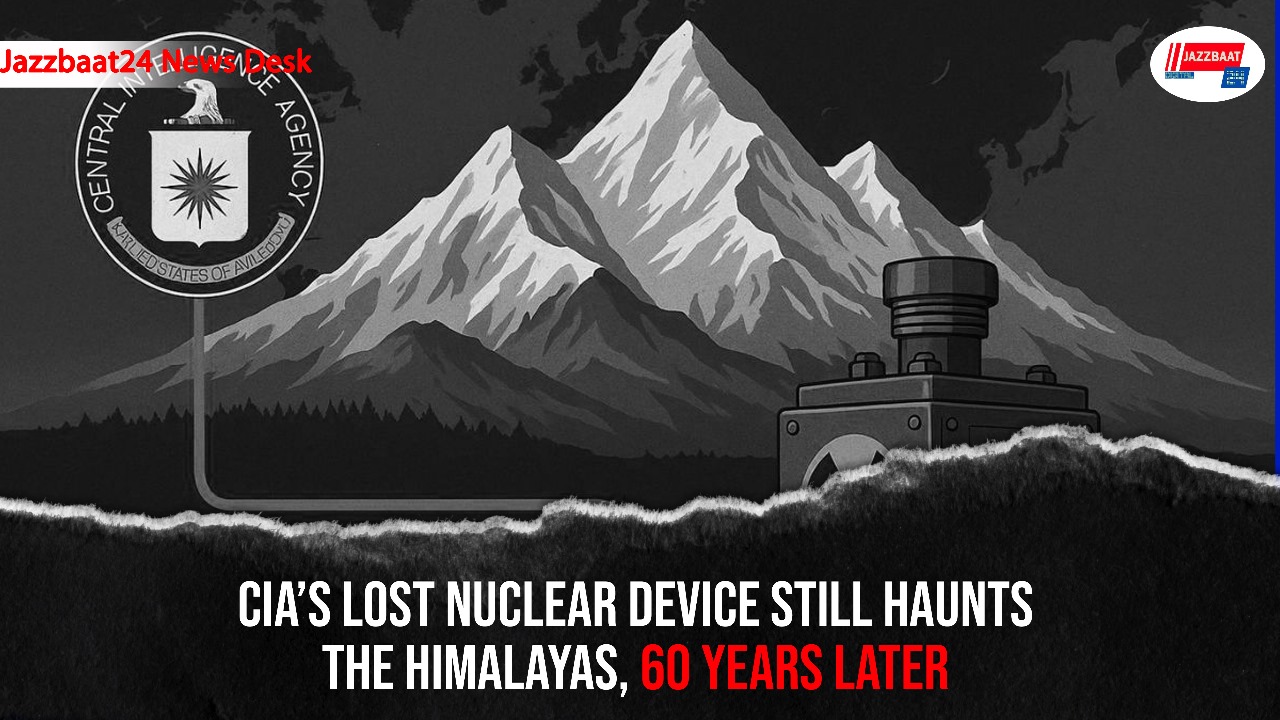This political pattern is not surprising for
Pakistan but what’s different this time is the narrative. A well-rehearsed one!
Imran Khan accused Washington of conspiring
with the Pakistani political opposition to remove him from Islamabad office. He
directly said, “US President Joe Biden’s administration was offended over his
“independent” approach to foreign policy and then the controversial visit to
Moscow that “coincided” with the start of Russia-Ukraine conflict.
But while experts say that Imran Khan’s
allegations of a foreign plot against him are unconfirmed and for the most part
politically provoked, they nevertheless highlight longstanding tensions in the
US-Pakistan relationship.
Now will the new PM Shehbaz Sharif mend his ways with the U.S or will Imran Khan keep making it thorny for Shehbaz and his newly formed government?
Shehbaz Sharif, of the
Pakistan Muslim League (Nawaz) party, was sworn in on Monday after Imran Khan lost
a no-confidence vote in the Pakistani parliament, where he had failed to
retain a majority amid criticism over a deteriorating economic crisis and allegations
of negligence.
Sharif tweeted that he has
pledged to reconstruct the economy and “to keep building
relationships with other countries on the basis of mutual respect, equality
& peace”,
On this, Secretary of State
Antony Blinken passed on good wishes to Sharif for becoming Pakistan’s prime
minister and said Washington looked ahead to enduring its “longstanding
cooperation with Pakistan’s government”.
Blinken said in a statement that, “The United States views a strong,
prosperous, and democratic Pakistan as essential for the interests of both of
our countries,”
Political analysts have depicted the
US-Pakistan ties over the past decades as “transactional”, with Washington
seeking Islamabad’s support on regional security matters – most significantly,
Afghanistan – in exchange for financial assistance. But the relationship has
not always been easy.
American bureaucracies have accused their
Pakistani counterparts of not doing enough to tackle “terrorism” and of harboring
armed groups, including the Taliban, of course. Pakistan at times has been
equally exasperated, denouncing US drone attacks and saying the country had
paid “a very high price” for backing the US in Afghanistan.
Remember when then-President Donald
Trump cut security
assistance to Pakistan, which was when the
relationship between Pakistan and the U.S hit a low point, it was 2018, and
this was before Imran Khan took reigns of his country.
Later “a very public reset” took place the
following year when Imran Khan met
Trump at the White House, by that point;
Pakistan was playing an important role in talks between the Trump
administration and the Taliban to reach an agreement to end the war in
Afghanistan.
Towards the end of 2020,
once President Biden was elected and the withdrawal from Afghanistan was about
to happen, Pakistan pitched a geo-economics-based relationship with the US, explaining
that Imran Khan had hoped Washington would begin
viewing Islamabad further than the lens of Afghanistan alone.
Last year, Imran Khan said he wanted Pakistan
to have a “civilized” and “even-handed” relationship with the US after the
Afghanistan withdrawal, which was concluded at the end of August.
What that meant was deepening economic prospects, among other things.
“Unfortunately, the affiliation was a bit asymmetrical
during this War on Terror” Khan was heard saying. It was an uneven relationship
because the US felt that they were giving aid to Pakistan, they felt that
Pakistan then had to do US’s bidding.
Now that the US has left Afghanistan, there’s
very little left to be interested in, other than of course the usual issues of
non-proliferation and terrorism.
It now will
be interesting to see how the US approaches Pakistan under Sharif’s leadership.
Biden was US vice president when Sharif’s older brother, Nawaz, a three-time prime
minister, held the post, so the Biden administration is known with the Sharif
family.
The balance between the Pakistan
administration and the U.S is not an Imran Khan Policy or Shehbaz Sherif
policy; it’s a state policy.
And… about military, well they want a constructive
affiliation with the US, and why not.





